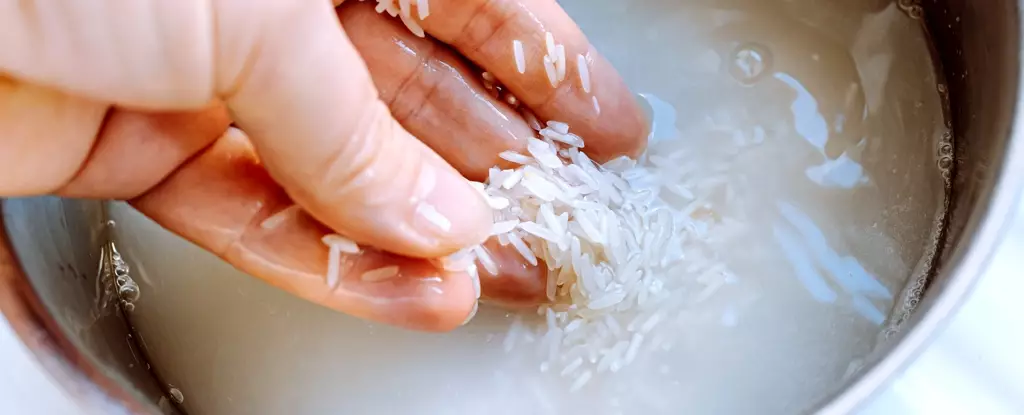Rice is a staple food in many parts of Asia and Africa and is also used extensively in dishes all over the world. One question that plagues many cooks is whether or not to wash rice before cooking. Some culinary experts claim that washing rice reduces the amount of starch in it, while others believe that washing is unnecessary. This article examines the different factors that influence the decision to wash or not to wash rice.
Rice Types and Stickiness
Traditionally, rice was washed to remove dust, insects, little stones, and bits of husk left from the rice hulling process. Some people still consider this practice important, while others wash rice to reduce the amount of starch in it. However, recent research has shown that the variety of rice is the critical factor that determines how sticky it will be, rather than washing. A study compared the effect of washing on the stickiness and hardness of three different types of rice – glutinous rice, medium grain rice, and jasmine rice – from the same supplier. The study showed that the washing process had no effect on the stickiness (or hardness) of the rice. Instead, the researchers demonstrated that the stickiness was due to a different starch called amylopectin that is leached out of the rice grain during the cooking process. The amount leached differed between the types of rice grains. In this study, glutinous rice was the stickiest, while medium grain rice and jasmine rice were less sticky, and also harder as tested in the laboratory.
Health Considerations
While washing rice may not affect its stickiness, it can have other health benefits. For example, washing rice has been shown to rinse up to 20 percent of microplastics from uncooked rice. Microplastics have been found in many foods due to the heavy use of plastics in the food supply chain. Additionally, washing rice has been shown to remove about 90 percent of bioaccessible arsenic, which rice is known to contain. However, washing rice also rinses out a large amount of other nutrients important for our health, including copper, iron, zinc, and vanadium. For populations that consume large amounts of heavily washed rice daily, it could impact their overall nutrition.
Another study looked at other heavy metals, lead, and cadmium, in addition to arsenic; it found that pre-washing decreased levels of all these from between 7–20 percent. The World Health Organization has warned of the risk of arsenic exposure from water and food. Arsenic levels in rice vary depending on where it’s grown, the cultivars of rice, and the ways it is cooked. The best advice remains to pre-wash your rice and ensure you consume a variety of grains.
Bacterial Contamination
While washing rice may not affect the bacterial content of cooked rice, it is important to store cooked or washed rice properly to prevent bacterial contamination. Cooking rice does not kill the bacterial spores from a pathogen called Bacillus cereus. If wet rice or cooked rice is kept at room temperature, this can activate the bacterial spores, and they begin to grow. These bacteria then produce toxins that can cause severe gastrointestinal disease. Therefore, it is recommended to avoid keeping washed or cooked rice at room temperature for too long.
While washing rice may not affect its stickiness, it can have other benefits, such as removing microplastics and reducing levels of heavy metals. However, washing rice also rinses out important nutrients, so it is essential to consume a variety of grains. Additionally, it is crucial to store cooked or washed rice properly to prevent bacterial contamination.



Leave a Reply